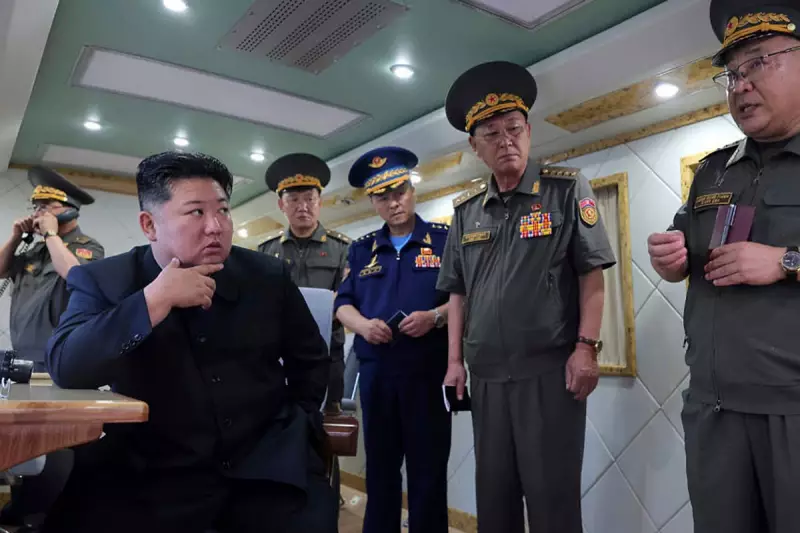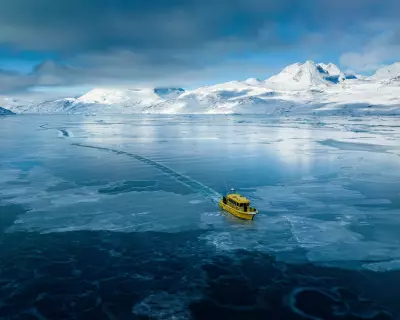
In a move that sent shockwaves through global security circles, North Korean leader Kim Jong Un has declared he would not hesitate to send his forces to aid Russia's war in Ukraine. This unprecedented pledge marks a dangerous new phase in the conflict and a significant hardening of the Moscow-Pyongyang axis.
The announcement came during Vladimir Putin's first visit to North Korea in 24 years, a trip that culminated in the signing of a sweeping new strategic partnership. The agreement, hailed by Kim as representing a new "golden age" in relations, obliges each nation to provide immediate military assistance to the other if attacked.
Seoul Sounds the Alarm
The response from South Korea was swift and severe. A senior official from the presidential office in Seoul condemned the pact as a direct threat to their national security, warning that it "effectively destroys the foundation of the inter-Korean basic agreement" designed to prevent hostilities.
In a tense emergency meeting, South Korea's National Security Council announced it would reconsider its long-standing policy of limiting its support for Ukraine to non-lethal humanitarian aid. This potential shift towards sending arms directly to Kyiv signals a direct and forceful response to the burgeoning military cooperation between Moscow and Pyongyang.
A Pact Forged in Isolation
The summit between the two sanctioned leaders was a spectacle of mutual support. Putin received a red-carpet welcome in the North Korean capital, complete with cheering crowds and grandiose ceremonies. The Russian leader framed their strengthened ties as a necessary defence against a "hegemonic and imperialist policy" led by the United States and its allies.
For Kim Jong Un, the partnership offers a potential lifeline. In exchange for providing Russia with much-needed munitions for its war effort, North Korea is widely believed to be seeking advanced technological aid for its own weapons programmes, including nuclear-capable missiles and spy satellites.
This new alliance between two of the world's most heavily sanctioned nations threatens to reshape the geopolitical landscape, creating a formidable bloc opposed to Western influence and potentially prolonging the bloody conflict in Ukraine.





